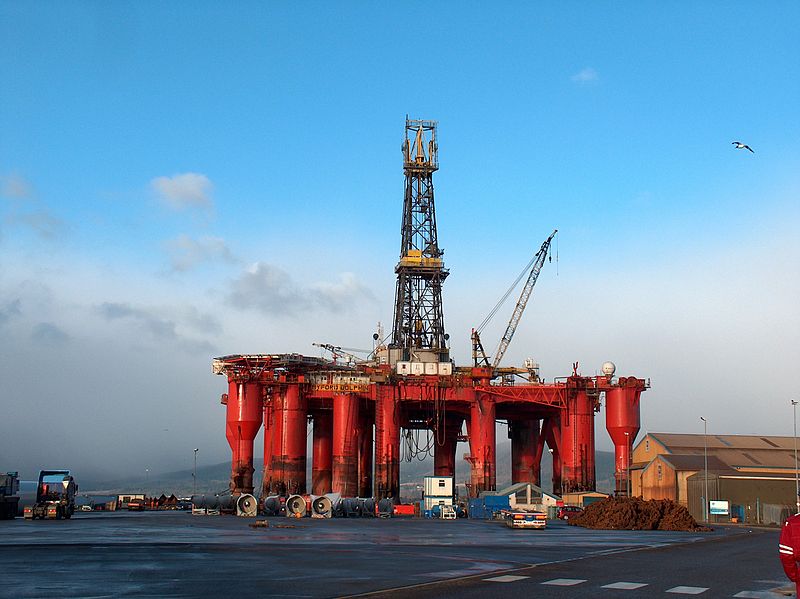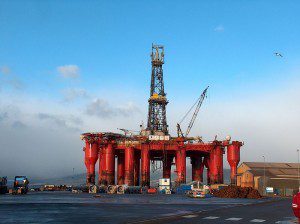UK Strikes at Heart of Russia’s Arctic Energy Empire
New maritime services ban threatens to sever lifeline for Yamal LNG exports By Paul Morgan (gCaptain) – In the frozen waters above the Arctic Circle, a fleet of specialised ships...

 Dolphin Drilling Ltd. a subsidiary of Fred. Olsen Energy ASA, has entered into a three year contract with BP Exploration Operating Company Ltd. for use of the semi-submersible drilling rig Byford Dolphin for operations in the UK North Sea.
Dolphin Drilling Ltd. a subsidiary of Fred. Olsen Energy ASA, has entered into a three year contract with BP Exploration Operating Company Ltd. for use of the semi-submersible drilling rig Byford Dolphin for operations in the UK North Sea.
The new contract will commence in direct continuation with current contract. The estimated contract value is USD $378 million. Option exists for a contract extension of a three year period.
The Byford Dolphin was built by Aker in 1974 (originally named the Deep Sea Driller) and is classed by DNV. The rig will undertake an early class renewal survey early 2014, including installment of a new BOP. The investment in a new five ram BOP, including commissioning and new control system, is estimated to cost USD $40 million.
This rig is also the scene of one of the most horrific accidents in offshore history.
In the early morning of 5 November 1983, 5 saturation divers working on the rig were killed instantly when their decompression chamber explosively decompressed from 9 atmospheres to 1. According to wikipedia,
Diver D3 was shot out through the small jammed hatch door opening and was torn to pieces. Subsequent investigation by forensic pathologists determined D4, being exposed to the highest pressure gradient, violently exploded due to the rapid and massive expansion of internal gases. All of his thoracic and abdominalorgans, and even his thoracic spine were ejected, as were all of his limbs. Simultaneously, his remains were expelled through the narrow trunk opening left by the jammed chamber door, less than 60 centimetres (24 in) in diameter. Fragments of his body were found scattered about the rig. One part was even found lying on the rig’s derrick, 10 metres (30 ft) directly above the chambers. His death was most likely instantaneous and painless.
Investigations into this tragedy pointed to faulty equipment, fatigue, and a lack of a fail-safe mechanism that would prevent the chamber from being opened while under pressure.

Sign up for gCaptain’s newsletter and never miss an update

Subscribe to gCaptain Daily and stay informed with the latest global maritime and offshore news
Essential news coupled with the finest maritime content sourced from across the globe.
Sign Up